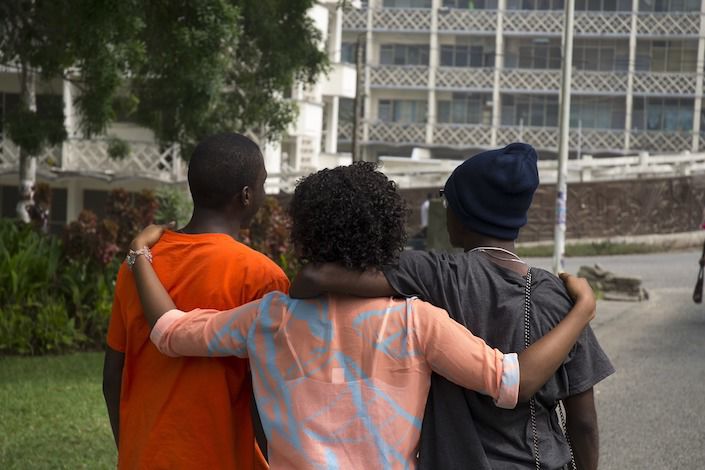PHILADELPHIA – The child welfare system needs to do more to meet the developmental needs of adolescents, according to a recent study. A report from the Jim Casey Youth Opportunities Initiative said scientific findings show brain development continues past the age of 20. It also said young people in foster care need the same opportunities to learn, explore and develop as those in intact families. Jennifer Pokempner, child welfare policy director for the Juvenile Law Center in Philadelphia, said they also face additional challenges.”These young people are experiencing the brain development that all their peers are, but they’re often dealing with the impact of trauma and loss,” Pokempner said. “And our system has to take into account what that might mean.”The report said child welfare service providers need to treat young people as individuals who are still developing, and make sure they have a fair chance to achieve their full potential.Alexandra Lohrbach, program associate with the Jim Casey Youth Opportunities Initiative, said it’s important for child welfare workers to make sure young people in foster care have opportunities and access to a broad range of life experiences.”Normal adolescent behavior, such as acting on impulses or engaging in risk-taking, is often viewed as and responded to as a mental health or behavioral problem instead of developmentally appropriate behavior,” Lohrbach said.The report said, for young people in foster care, finding permanent family placements and developing durable relationships are critical to increasing their well-being.Pokempner noted that Pennsylvania is making progress in addressing the special needs of young people in foster care. But she said there are still far too many being placed in restrictive groups settings, where they don’t have access to the kinds of everyday “growing-up” experiences that they would get living with a supportive, loving family.”We do have this reality in Pennsylvania and across the country of thousands of kids leaving the system – that term ‘aging out’ – and what that means is they are leaving the system unconnected to a family,” she said.The report recommends several changes that case workers, service providers, teachers, judges and others can make to help young people in the child welfare system thrive.The full report is available here.
Report: Adolescents in Foster Care Have Real Developmental Needs




